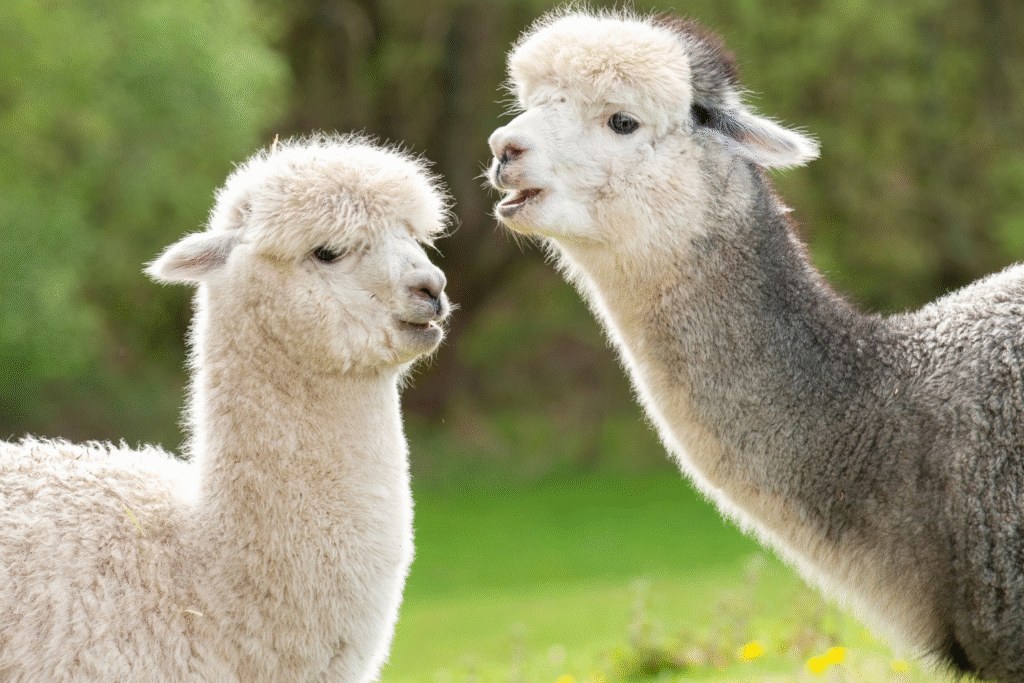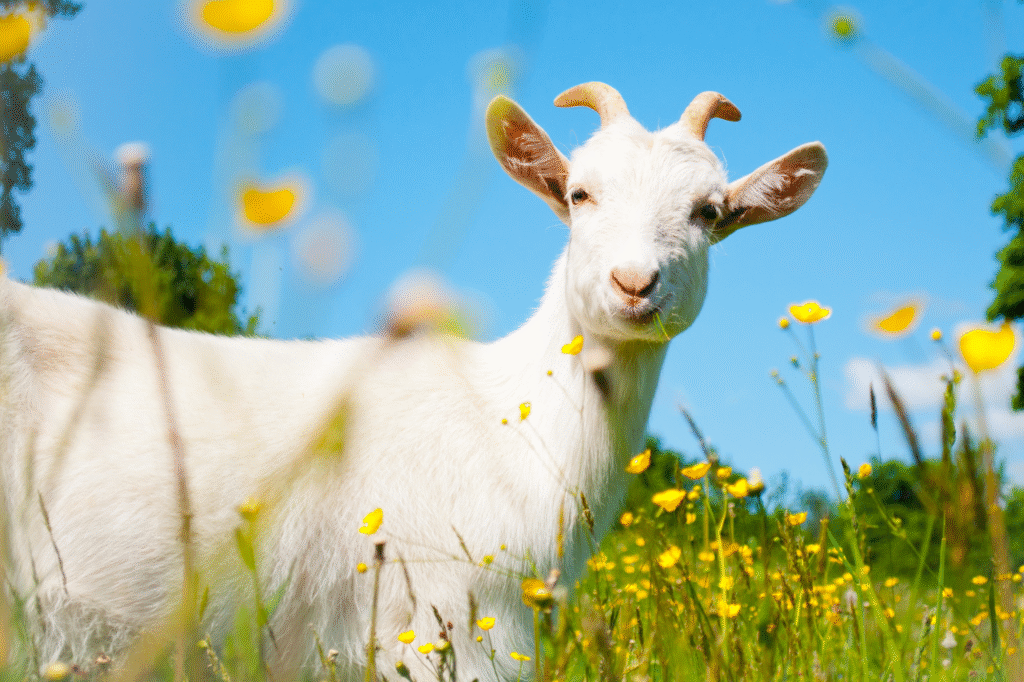These seemingly innocent daily activities trigger deep-seated fears that most pet owners never see coming.

Nothing prepares you for the moment your normally calm cat starts shrieking like a banshee every time you step into the bathroom, or when your dog begins clawing frantically at a closed door as if you’ve disappeared forever. What seems like simple daily routines to humans can become sources of genuine terror for pets experiencing complex psychological responses rooted in survival instincts, territorial anxieties, and attachment disorders. Understanding these panic reactions reveals fascinating insights into how our companions perceive their world and why certain boundaries feel threatening rather than routine.




